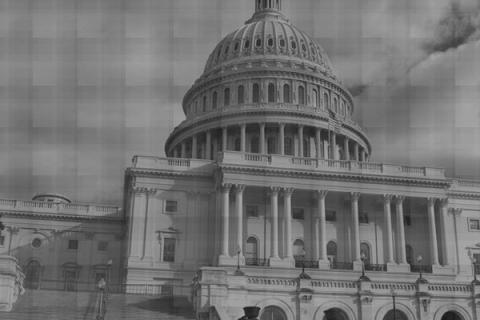 California Controller John Chiang says the state was 16.3% behind in expected revenue for the month of October, with an $810 million shortfall. The total shortfall for the first four months of the current fiscal year is $1.5 billion. Thus, the revenue deficit is increasing rapidly, as more than half the total was for October alone. Chiang said:
California Controller John Chiang says the state was 16.3% behind in expected revenue for the month of October, with an $810 million shortfall. The total shortfall for the first four months of the current fiscal year is $1.5 billion. Thus, the revenue deficit is increasing rapidly, as more than half the total was for October alone. Chiang said:
"October's poor revenues capped a very disappointing first four months of the fiscal year," then stated the obvious "unless revenues and expenditures begin to track with projections, the state will face increasing cash pressure in the months ahead."
Further - and making the situation even more dire - spending was $1.7 billion more than estimated, also in just four months. That makes a combined shortfall of $3.2 billion. Gosh, you say, what happened to that balanced budget that lawmakers struggled and quarreled over for months to pass? Well, the budget for this year was balanced based on an extrapolated blip in revenues early this year. Revenue did go up slightly for one month so Gov. Brown and lawmakers happily assumed this would be the case for the rest of the year, and thus pulled a magic $4 billion rabbit out of the hat. However, that $4 billion increase in revenue was not to be. The numbers promptly dropped and now, well, the October disaster speaks for itself.
Part of the budget agreement includes mandated spending cuts if California has a shortfall by December, something which now looks unavoidable. The only question is, how big will it be? If the deficit is $1-2 billion then cuts will come in university education, public safety and social services. This includes $100 million each for the University of California and California State University, an increase in community college fees of $10 a credit, and cutbacks in services for the elderly and disabled. If the deficit is more than $2 billion, then cuts come in all education. The school year will be shortened by seven days and busing subsidies will be cut. Many other spending cuts are also mandated and it's safe to assume the populace will be cranky, should they occur.
But of course Sacramento does have another magic rabbit in the hat, waiting to be used. If the nonpartisan Legislative Analyst's Office and the Department of Finance mutually agree that a bountiful and munificent flow of revenue will come cascading into the state in spring of next year, then all will be forgiven for this year's shortfall and no budget cuts will happen next month. Of course, if they do decide that and the expected tsunami of money does not materialize, then budget negotiations will be tense and filled with much gnashing of teeth. In other words, things will be just like they were last year. Overly optimistic estimates of revenue lead to precipitous shortfalls. Repeat each year as needed in hopes that somehow this time it will be different.
